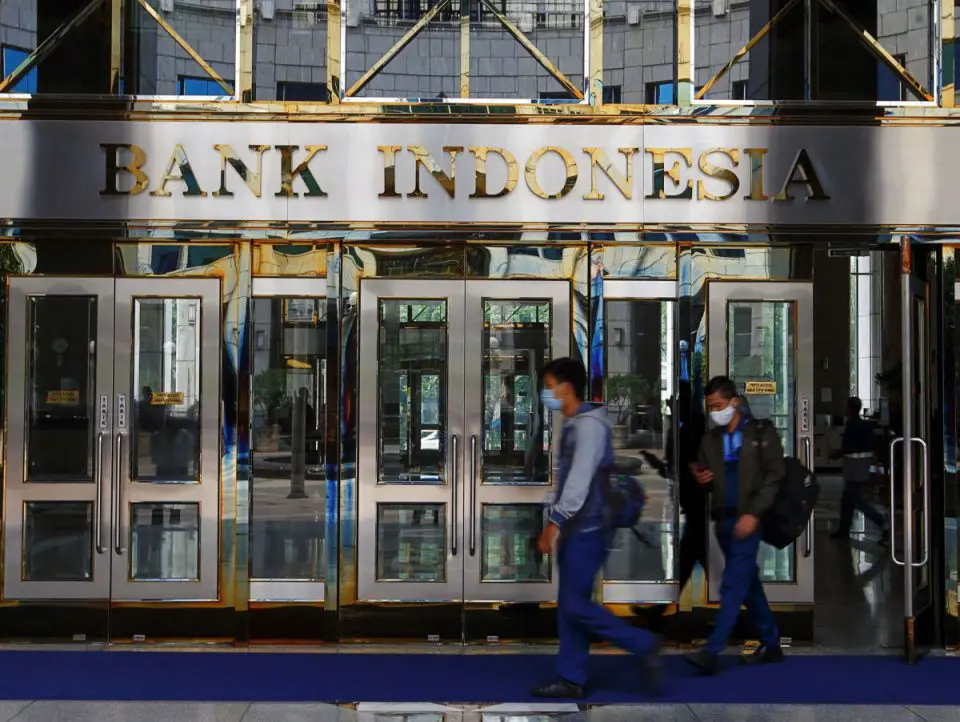JAKARTA, June 23 — Indonesia’s central bank left interest rates at a record low on Thursday, saying it was monitoring risks from rising inflation and would adjust monetary policy as needed.
Analysts expect Bank Indonesia to raise rates in the third quarter to shore up a weaker rupiah currency as it faces pressure from rising US interest rates.
BI kept the benchmark 7-day reverse repurchase rate at 3.50 per cent, as expected by the majority of economists in a Reuters poll. Its two other policy rates were also unchanged.
BI remains one of the few major Asian central banks not to have lifted rates from a pandemic record low since inflation has held within its 2 per cent-4 per cent target range. The Philippine central bank hiked rates for a second consecutive policy meeting on Thursday.
BI Governor Perry Warjiyo said in a news conference he would continue to monitor inflation, including inflation expectations and take monetary measures as needed.
Inflation may slightly overshoot its target this year to 4.2 per cent by year-end, he reiterated, adding the authorities had been taking rupiah stabilisation measures to contain imported inflation.
Economists in the Reuters poll expect BI’s first rate hike will come in the next quarter.
“The central bank acknowledged the risk of inflation breaching the target in the second half of the year and pressure on the currency from global cues, but did not exhibit any urgency to normalise policy,” Radhika Rao, senior economist at DBS Bank in Singapore, said.
The rupiah has this month dropped to its weakest since October 2020 amid capital outflows leading up to and after the Federal Reserve raised US rates by three quarters of a percentage point.
However, unlike in previous periods of US monetary tightening when Indonesian financial markets were some of the most volatile, the rupiah is now one of emerging Asia’s best performing currencies having fallen by about 4 per cent so far in 2022.
Indonesia’s inflation has slowly crept up, with May’s 3.55 per cent the highest since 2017, but it is far below the rate seen in many richer countries.
During the pandemic, BI cut interest rates by a total of 150 basis points and injected billions of dollars into the financial system. It has announced hefty hikes in banks’ reserve requirement ratio in its first move to normalise monetary policy.
— Reuters





